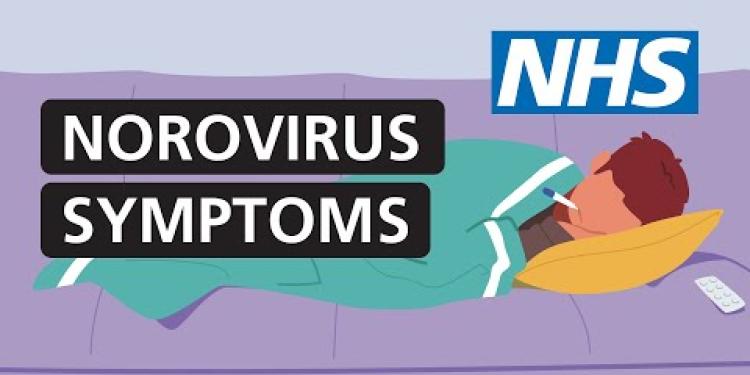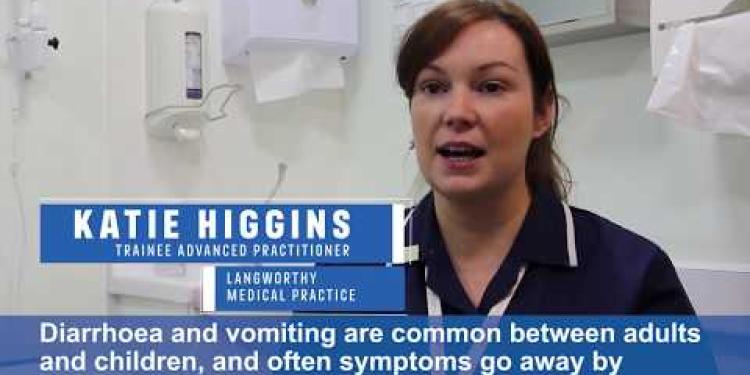Important Information On Using This Service
- Ergsy carefully checks the information in the videos we provide here.
- Videos shown by YouTube after a video has completed have NOT been reviewed by ERGSY.
- To view, click the arrow in the center of the video.
Using Subtitles and Closed Captions
- Most of the videos you find here will have subtitles and/or closed captions available.
- You may need to turn these on and choose your preferred language.
Turn Captions On or Off
- Go to the video you'd like to watch.
- If closed captions (CC) are available, settings will be visible on the bottom right of the video player.
- To turn on captions, click settings.
- To turn off captions, click settings again.
Find A Professional
Videos from Ergsy search
-
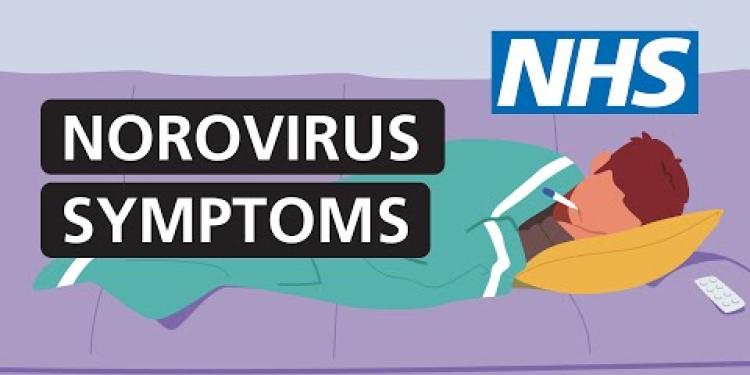
What is norovirus? (Diarrhoea and vomiting bug) | NHS
-
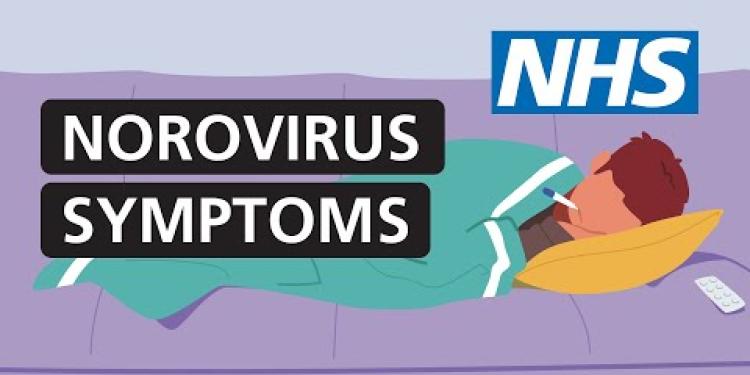
What is norovirus? (Diarrhoea and vomiting bug) | NHS
-
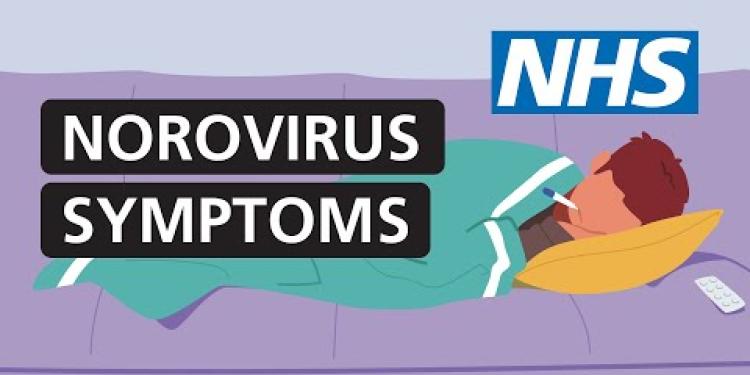
What is norovirus? (Diarrhoea and vomiting bug) | NHS
-
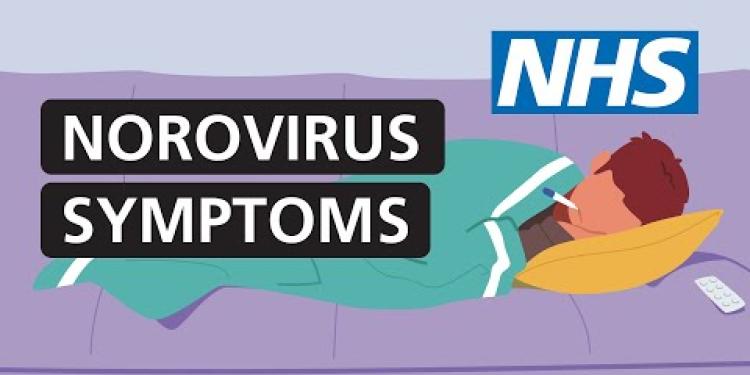
What is norovirus? (Diarrhoea and vomiting bug) | NHS
-
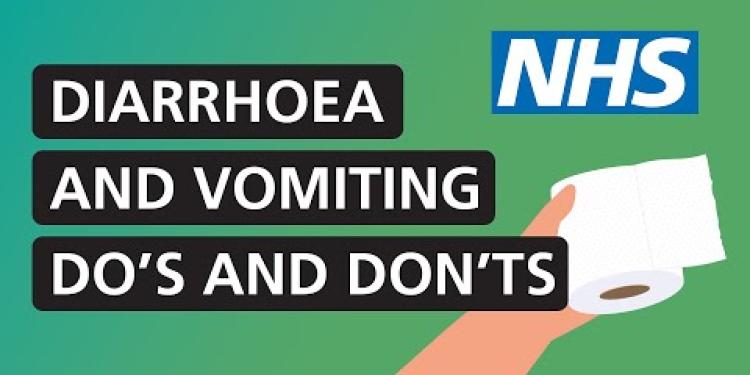
How to treat diarrhoea and vomiting at home (adults and children aged 5 and over) | NHS
-
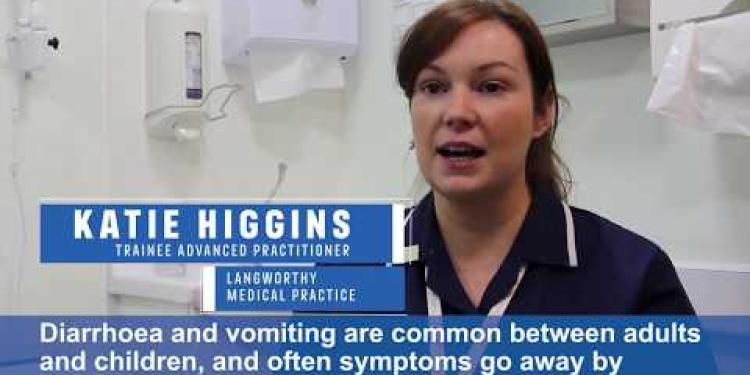
Advice for diarrhoea and vomiting
-
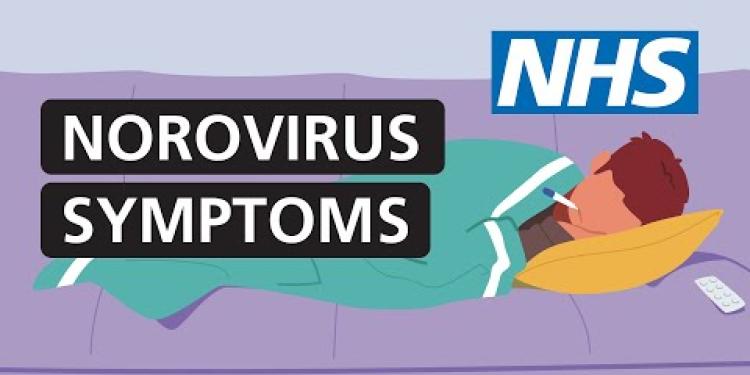
What is norovirus? (Diarrhoea and vomiting bug) | NHS
How to Treat Diarrhoea and Vomiting at Home (Adults and Children Aged 5 and Over) | NHS
Introduction
Diarrhoea and vomiting can be uncomfortable and disruptive, but they usually improve within a few days. This guide offers home treatment advice based on NHS guidelines for both adults and children aged 5 and over.Hydration
Staying hydrated is crucial when dealing with diarrhoea and vomiting. For adults and older children:- Drink plenty of fluids, such as water, soup, or oral rehydration solutions available from pharmacies.
- Avoid caffeine, alcohol, and sugary drinks as they can worsen symptoms.
- Encourage children to take small sips of water frequently if they are finding it difficult to keep fluids down.
Rest
Adequate rest helps the body recover more quickly from illness.- Ensure that both adults and children get plenty of rest.
- A quiet, calm environment can aid in faster recovery.
Dietary Adjustments
Eating the right foods can help manage symptoms and improve recovery.- Start with bland foods such as bananas, rice, applesauce, and toast (BRAT diet) until you feel better.
- Avoid rich, spicy, or fatty foods as well as dairy products which can aggravate symptoms.
- Gradually reintroduce other foods as tolerance improves.
Over-the-Counter Medications
Certain medications can alleviate symptoms of diarrhoea and vomiting.- Consider anti-diarrhoeal medications like loperamide for adults, but only if recommended by a healthcare professional.
- For nausea, over-the-counter antiemetic medications can be used as needed.
- Consult a pharmacist for child-appropriate medications.
When to Seek Medical Attention
While most cases of diarrhoea and vomiting resolve at home, some situations require medical attention.- Seek medical help if symptoms persist for more than a few days.
- Look for signs of dehydration such as dry mouth, dizziness, or reduced urine output.
- If you notice blood in vomit or stools, seek immediate medical care.
- High fever, severe abdominal pain, or continuous vomiting also warrant a doctor's appointment.
Prevention Tips
Preventing the spread of infection is crucial to protect yourself and others.- Practice good hand hygiene by washing hands thoroughly with soap and water, especially after using the toilet and before eating.
- Clean and disinfect any contaminated surfaces promptly.
- Do not prepare food for others while symptomatic.
Conclusion
Diarrhoea and vomiting can often be managed effectively at home with proper hydration, rest, dietary adjustments, and the right medications. However, stay vigilant and seek medical attention when necessary to ensure a safe and swift recovery.Frequently Asked Questions
What are the first steps to take if experiencing diarrhoea and vomiting at home?
If you or a child aged 5 and over develop diarrhoea and vomiting, the first steps are to stay at home, rest, and drink plenty of fluids to avoid dehydration.
What fluids are best to drink during diarrhoea and vomiting?
Water is the best option, but you can also drink oral rehydration solutions and clear broths to stay hydrated.
Should I eat anything if I have diarrhoea and vomiting?
Eat small, light meals if you feel able to. Eat plain foods such as rice, pasta, crackers, and bread that are easy on the stomach.
Are there specific foods I should avoid?
Avoid fatty, spicy, or sugary foods, as well as dairy products, as they can irritate your stomach further.
How long does diarrhoea and vomiting usually last?
Diarrhoea and vomiting typically last for about 1 to 2 days. However, it can occasionally last longer, and you should seek medical advice if it persists beyond a few days.
When should I seek medical advice for diarrhoea and vomiting?
Seek medical advice if you show signs of dehydration such as dark urine, dizziness, or dry mouth, if symptoms persist longer than a few days, or if you have a high fever or severe pain.
How can I prevent the spread of diarrhoea and vomiting to others?
Wash your hands thoroughly with soap and water, clean surfaces and objects, avoid preparing food for others, and stay home for at least 48 hours after symptoms stop.
Can I give over-the-counter medications to help with symptoms?
While over-the-counter medications like paracetamol can help with pain and fever, it's best to avoid anti-diarrhoea medications unless advised by a healthcare professional.
Should children be given special treatment when they have diarrhoea and vomiting?
Ensure children drink plenty of fluids like water or oral rehydration solutions, and offer them small, light meals. Monitor them closely for signs of dehydration.
Is it okay to exercise if I have diarrhoea and vomiting?
It's best to rest and avoid strenuous activity while recovering from diarrhoea and vomiting in order to allow your body to heal.
What signs of dehydration should I watch for in adults?
Signs of dehydration in adults include feeling thirsty, lightheaded, dry mouth and lips, dark urine, and infrequent urination.
What signs of dehydration should I watch for in children?
Watch for signs such as a dry mouth and tongue, no tears when crying, sunken eyes, less frequent urination including dry nappies, and drowsiness.
Can probiotics help with diarrhoea and vomiting?
Some studies suggest that probiotics can help some people with diarrhoea, but you should consult with a healthcare professional before using them.
Is it necessary to stay off work or school with diarrhoea and vomiting?
Yes, stay off work or school for at least 48 hours after the last episode of diarrhoea or vomiting to prevent spreading the infection.
Should I still take my regular medications while experiencing diarrhoea and vomiting?
Consult your healthcare provider about your regular medications, as their absorption might be affected. They can advise on any necessary adjustments.
Useful Links
Useful links from: Dealing with Common Childhood Illnesses
- NHS - Childhood illnesses This NHS page provides an overview of common childhood illnesses and how to spot their symptoms. It also covers when to seek medical advice.
- NHS - Common health questions: Children's health A collection of frequently asked questions about children's health, answered by the NHS. Topics include fever management, vaccinations, and dealing with common ailments.
- Great Ormond Street Hospital - Conditions and Treatments Great Ormond Street Hospital's resource for understanding various childhood conditions and the treatments available. The site offers detailed information on specific illnesses.
- The Lullaby Trust - Illnesses and infections The Lullaby Trust provides advice on safer sleep for babies and key information on dealing with illnesses and infections in infants.
Useful links from: Understanding Seasonal Flu: Prevention and Treatment
- NHS - Flu Comprehensive guide by the NHS on flu, including symptoms, causes, diagnosis, treatment, and prevention tips.
- NHS - Flu vaccination Detailed information from the NHS about the flu vaccine, who should get it, how it works, and its effectiveness.
- Asthma UK - Flu and People with Asthma Advice from Asthma UK on the impact of the flu on people with asthma, including prevention tips and the importance of vaccination.
- British Lung Foundation - Flu (influenza) The British Lung Foundation's resource providing information on flu, how it affects people with lung conditions, and preventive measures.
Useful links from: Diarrhoea - How to stop it? | UHL NHS Trust
- Diarrhoea - NHS NHS guide to the symptoms, causes, diagnosis, and treatment of diarrhoea. Includes self-care tips and advice on when to seek medical help.
- Diarrhoea and Vomiting - NHS Inform Comprehensive information from NHS Scotland on the symptoms, causes, and treatments for diarrhoea and vomiting, including advice on managing symptoms at home.
- Managing Diarrhoea - Crohn's & Colitis UK A fact sheet provided by Crohn's & Colitis UK offering detailed advice on managing diarrhoea, including dietary tips and when to seek medical help.
- Diarrhoea - British Red Cross First aid advice for diarrhoea from the British Red Cross, including how to treat and manage symptoms and when to get medical help.
Useful links from: What is norovirus? (Diarrhoea and vomiting bug) | NHS
- Norovirus (Diarrhoea and vomiting bug) - NHS Find comprehensive information from the NHS about norovirus, including symptoms, causes, diagnosis, and treatment.
- Norovirus – Diarrhoea and Vomiting Bug | Public Health England Access guidance, data, and analysis on Norovirus from Public Health England.
- Norovirus Prevention and Safe Care Guide | British Red Cross Learn how to prevent and care for norovirus from the British Red Cross.
- Norovirus Information - Health Protection Scotland Get information on norovirus, its management, and prevention tips from Health Protection Scotland.
Useful links from: Advice for diarrhoea and vomiting
- NHS - Diarrhoea and Vomiting The NHS provides comprehensive advice and guidance on managing diarrhoea and vomiting, including causes, treatments, and when to seek medical help.
- NHS Inform - Diarrhoea NHS Inform offers detailed information on the causes of diarrhoea, its treatment, and ways to prevent it, as well as advice on when to consult a doctor.
- British Red Cross - First Aid Advice for Diarrhoea and Vomiting The British Red Cross provides first aid advice for handling diarrhoea and vomiting, including practical tips on care and when to seek medical assistance.
- ERIC - The Children's Bowel & Bladder Charity ERIC UK offers focused advice on managing diarrhoea in children, covering symptoms, possible causes, and treatment strategies.
Useful links from: What is norovirus? (Diarrhoea and vomiting bug) | NHS
- Norovirus - NHS Comprehensive information about norovirus including causes, symptoms, treatment, and prevention methods from the NHS.
- Norovirus Prevention Tips - NHS Details on how to prevent norovirus infections and advice on hygiene practices provided by the NHS.
- Norovirus - Symptoms and Treatment - Patient.info Information about the symptoms, treatment, and management of norovirus from Patient.info, a UK-based health advice website.
- Norovirus - Health Protection Scotland Health Protection Scotland's resources and guidance on dealing with norovirus, including outbreak management and infection control.
Have you found an error, or do you have a link or some information you would like to share? Please let us know using the form below.
- Ergsy carfully checks the information in the videos we provide here.
- Videos shown by Youtube after a video has completed, have NOT been reviewed by ERGSY.
- To view, click the arrow in centre of video.
- Most of the videos you find here will have subtitles and/or closed captions available.
- You may need to turn these on, and choose your preferred language.
- Go to the video you'd like to watch.
- If closed captions (CC) are available, settings will be visible on the bottom right of the video player.
- To turn on Captions, click settings .
- To turn off Captions, click settings again.
